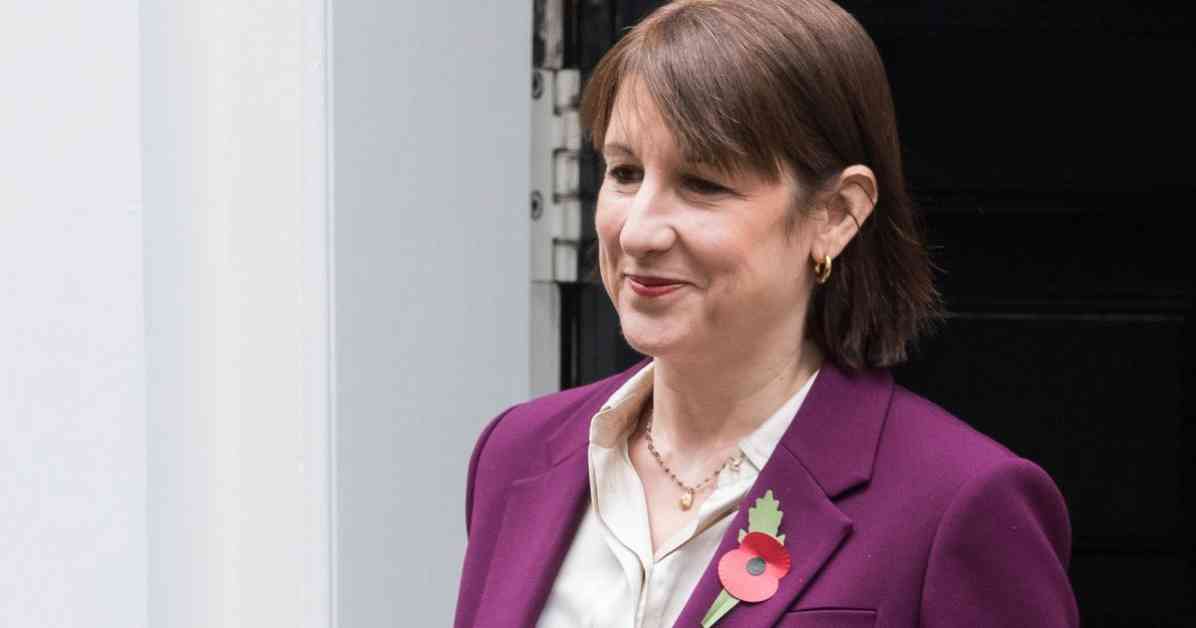The minimum wage is set to increase to £12.21 an hour next year, marking a 6.7% rise, as confirmed by the Chancellor ahead of the upcoming Budget. This increase, which was recommended by the Low Pay Commission, is a step towards fulfilling Labour’s promise of a genuine living wage for working individuals, according to Rachel Reeves. For full-time workers earning the main minimum wage rate, also known as the national living wage, this raise translates to an additional £1,400 annually starting from April 2025. However, it falls short of the Living Wage Foundation’s calculated UK living wage of £12.60 per hour.
In addition to the increase for individuals aged 21 and over, the minimum wage for those aged 18-20 will also see a significant rise to £10 per hour, marking a £1.40 increase. This adjustment is the highest on record, signaling the government’s intention to extend the main adult rate to 18-year-olds in the future. These changes, set to take effect in April, align with the government’s efforts to enhance workers’ rights, potentially boosting the income of the lowest-paid workers by up to £600 annually.
Furthermore, the Low Pay Commission has been directed by the new government to consider the cost of living when recommending adjustments to the minimum wage, ensuring that wages keep pace with economic changes. The rising minimum wage for apprentices and individuals aged 16-17, set at £7.55 per hour following an 18% increase, is expected to benefit around 3.5 million workers with higher pay rates come April.
Paul Nowak, the general secretary of the TUC, praised the government for honoring its commitment to ensuring fair compensation for work. He emphasized the positive impact of the wage increase on low-paid workers, particularly at a time when essential expenses such as rent, bills, and mortgages are on the rise. Noting that lower-paid workers tend to spend more within local economies, Nowak highlighted the potential benefits for local businesses resulting from increased pay packets.
Despite the positive implications, the Low Pay Commission has cautioned that some businesses may face challenges in adjusting to the escalating minimum wage rates, which have outpaced inflation in recent years. Baroness Philippa Stroud, the commission’s chairwoman, acknowledged the government’s efforts to support workers’ living standards while acknowledging the pressures businesses face due to rising costs.
Looking ahead, John Foster of the CBI raised concerns about the growing pressure on firms to invest in technology and innovation amidst escalating minimum wage rates. He stressed the importance of higher growth and productivity to sustainably increase wages across the economy, emphasizing the need for a balanced approach to economic development.
The upcoming Budget is expected to introduce a rise in employers’ national insurance contributions, adding to the financial burden on businesses. Nye Cominetti, a principal economist at the Resolution Foundation, highlighted the significance of the smaller wage increase in light of anticipated increases in employer contributions, suggesting that the government may need to adopt a more ambitious approach in the future.
In response to the rising costs for businesses, the Federation of Small Businesses (FSB) called for additional support, including tax reliefs and business rate adjustments to alleviate financial pressure. Tina McKenzie, the FSB’s policy chairwoman, emphasized the need for decisive action to aid small firms in navigating the economic challenges posed by increasing costs.
As the minimum wage continues to evolve, monitoring its impact on employment and business operations will be essential to ensure sustainable growth and fair compensation for workers across various industries. By balancing the needs of workers and businesses, policymakers can strive to create an equitable and thriving economic environment for all stakeholders involved.













